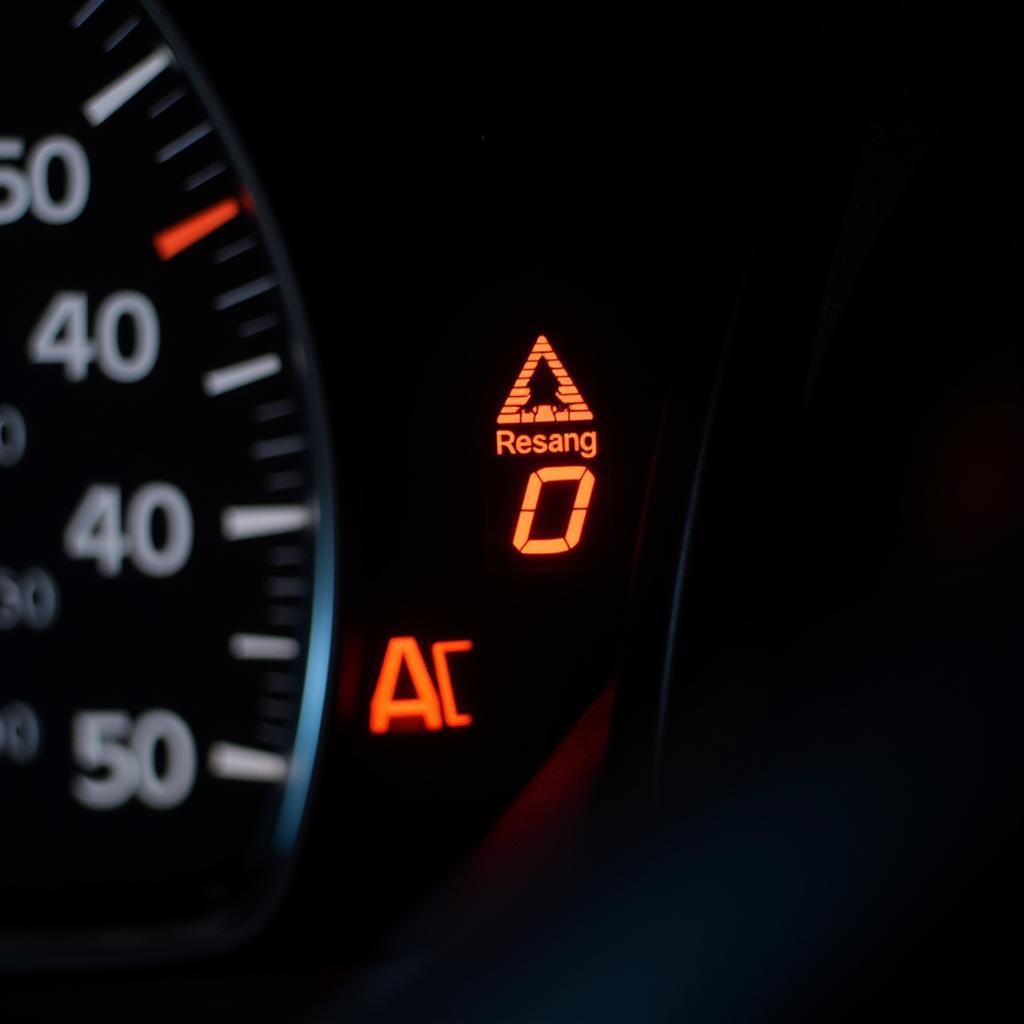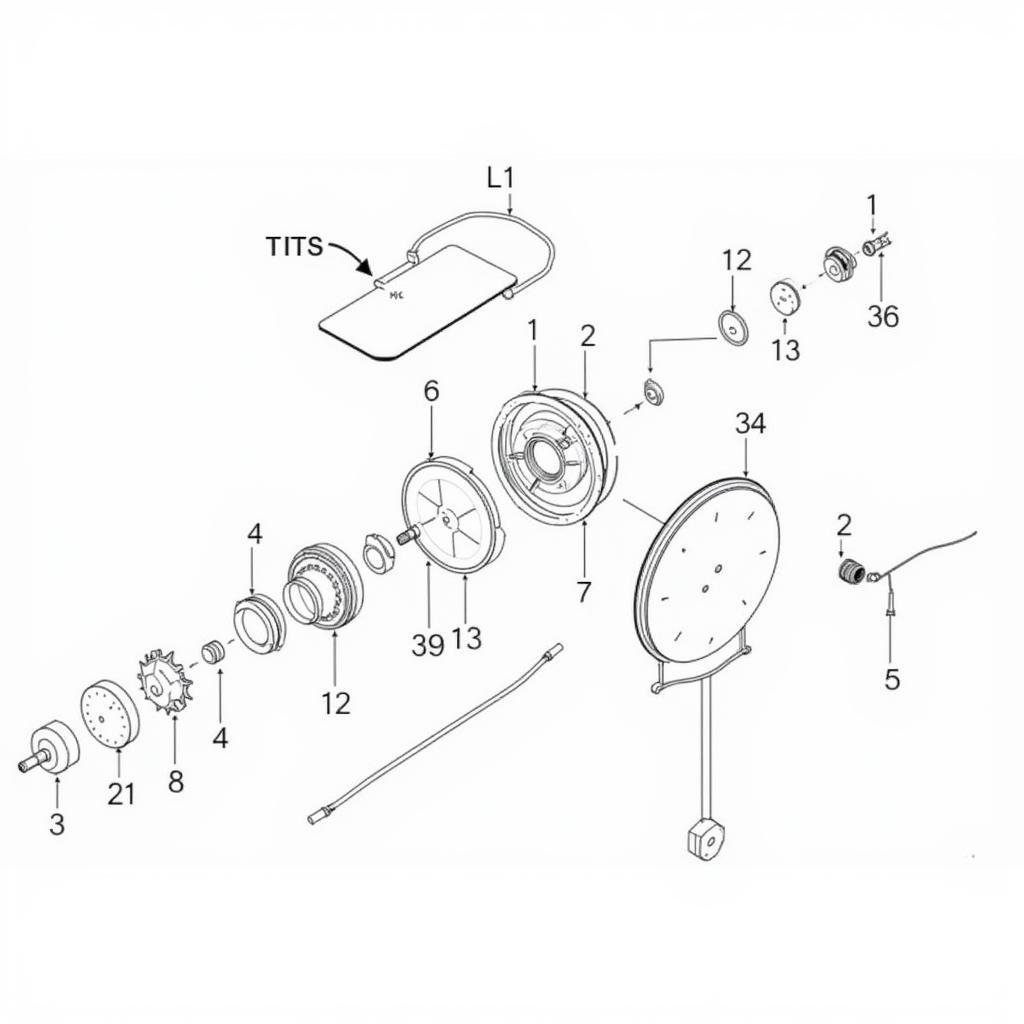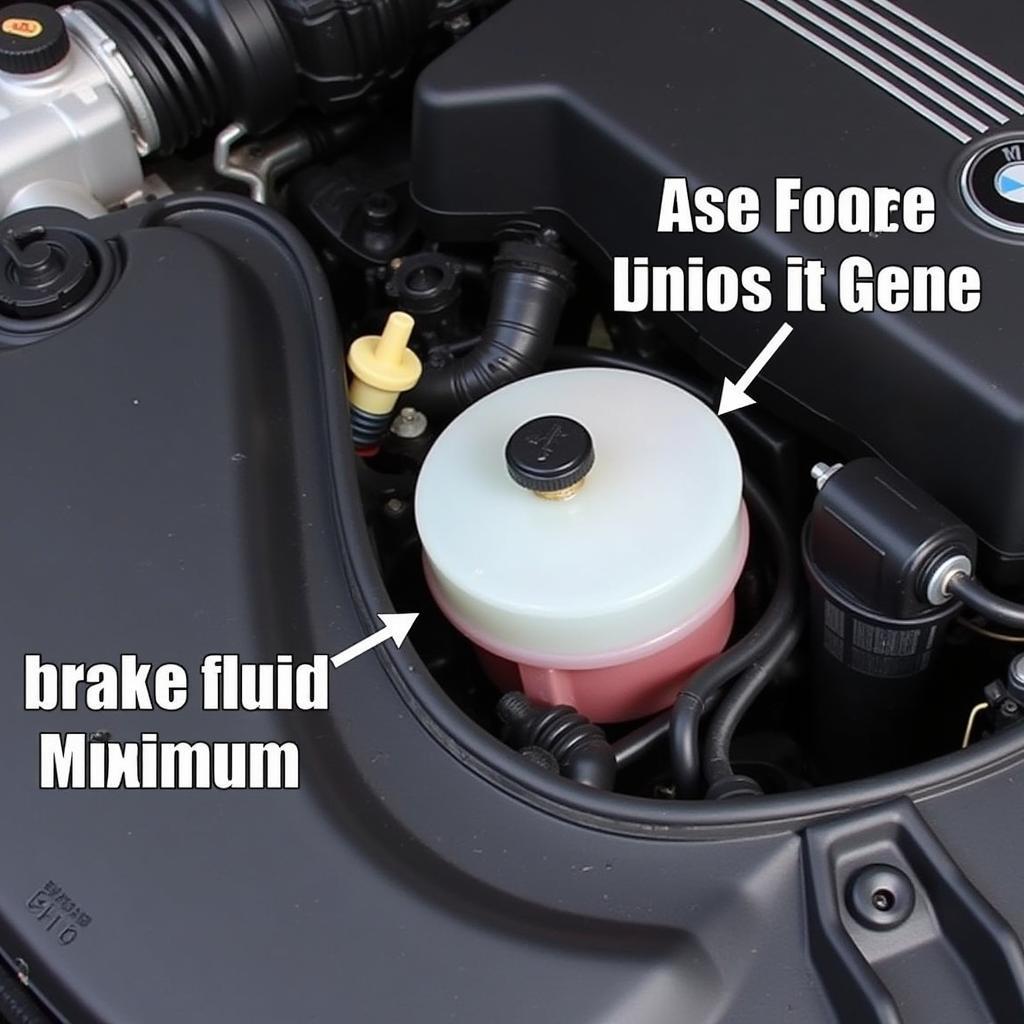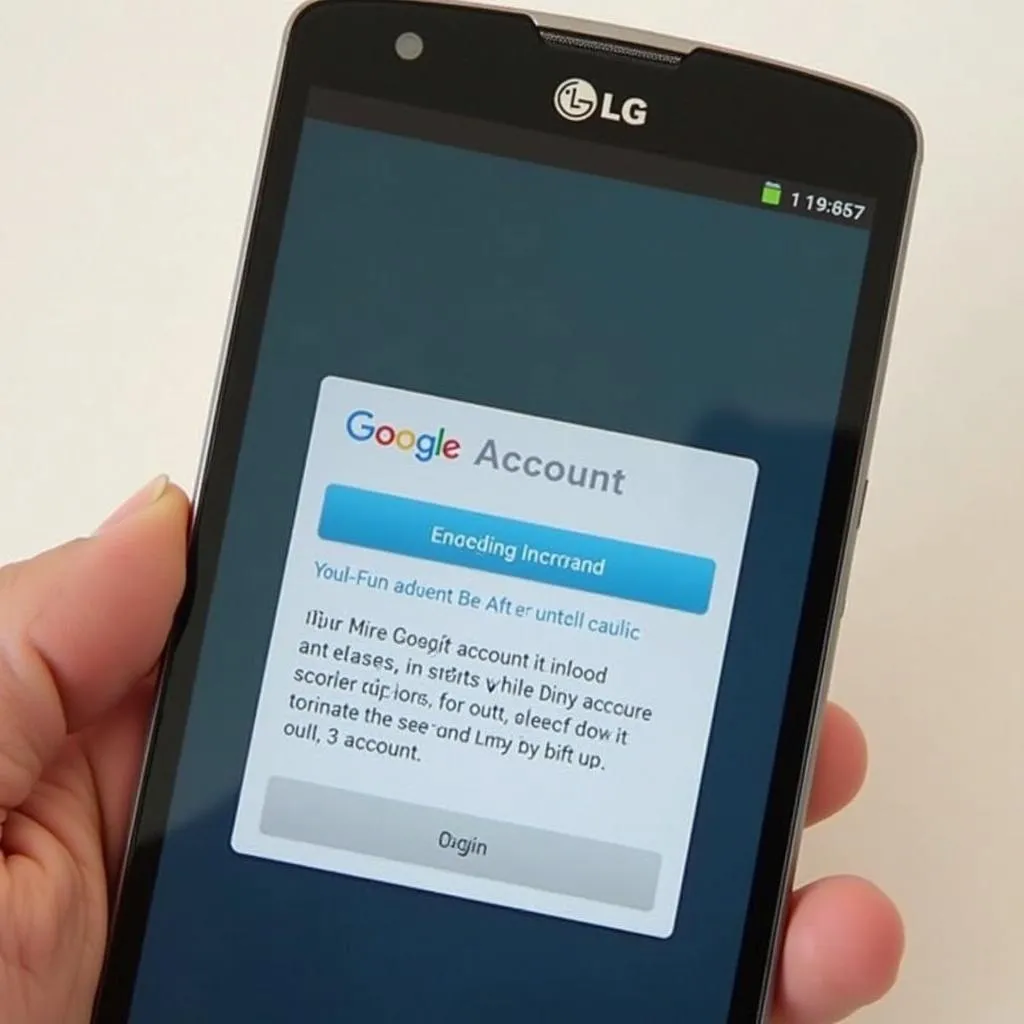That dreaded brake warning light on your BMW dashboard can be a real heart-stopper. Is it a minor issue or something serious? This comprehensive guide explores the common reasons behind a brake warning light in BMWs, offering troubleshooting advice and remote diagnostic solutions. We’ll delve into the complexities of this system and provide you with actionable insights to address the issue.
Understanding Your BMW Brake Warning Light
The brake warning light is a crucial part of your BMW’s safety system, designed to alert you to potential issues within the braking system. It’s not something to ignore. While it can sometimes signal a simple fix, it can also indicate a more significant problem requiring immediate attention.
Common Causes of a Brake Warning Light BMW
Several factors can trigger the brake warning light in your BMW. Let’s explore some of the most frequent culprits:
- Low Brake Fluid: This is the most common cause. Brake fluid naturally depletes over time, and low levels can trigger the warning light.
- Worn Brake Pads: Your brake pads wear down with use. When they reach a critical point, a sensor activates the warning light.
- Faulty Brake Sensor: Sometimes, the sensor itself can malfunction, triggering the light even if the brake pads are fine.
- ABS Issues: A problem with the Anti-lock Braking System (ABS), such as a faulty wheel speed sensor, can illuminate the brake warning light.
- Parking Brake Engaged: Although seemingly obvious, it’s easy to overlook. Ensure the parking brake is fully disengaged.
- Brake Fluid Leak: A leak in the brake lines can cause a rapid drop in brake fluid, triggering the warning light. This requires immediate attention.
 BMW Brake Warning Light on Dashboard
BMW Brake Warning Light on Dashboard
Troubleshooting Your BMW Brake Warning Light
Before rushing to a mechanic, you can perform some basic troubleshooting steps:
- Check the Parking Brake: Ensure the parking brake is fully released.
- Inspect Brake Fluid Level: Locate the brake fluid reservoir and check the fluid level. If it’s low, carefully top it off with the correct type of brake fluid specified in your owner’s manual.
- Visually Inspect Brake Pads: If possible, take a look at your brake pads through the wheel spokes. If they appear excessively thin, they likely need replacing.
Remote Diagnostics and Software Solutions for BMW Brake Issues
Modern BMWs are equipped with sophisticated onboard diagnostic systems. Remote diagnostic services can access these systems, pinpoint the issue, and even implement software updates or coding changes to rectify certain problems. This can save you time and money by avoiding unnecessary trips to the mechanic.
“Remote diagnostics are revolutionizing how we approach car repairs,” says John Miller, Senior Automotive Diagnostic Engineer at Remote Auto Solutions. “We can often diagnose and fix problems without the car ever entering a workshop.”
When to Seek Professional Help
While some brake warning light issues are simple fixes, others require professional expertise. If you’ve performed basic troubleshooting and the light remains on, or if you suspect a brake fluid leak or ABS issue, it’s crucial to seek professional help immediately.
“Ignoring a persistent brake warning light can lead to serious safety risks,” cautions Sarah Chen, Lead Mechanic at Bavarian Auto Specialists. “It’s always better to err on the side of caution and have a professional diagnose the problem.”
 BMW Brake System Diagram
BMW Brake System Diagram
Conclusion
The brake warning light in your BMW is a vital safety feature. Understanding its potential causes empowers you to take appropriate action. While basic troubleshooting can resolve some issues, don’t hesitate to seek professional assistance when necessary. Addressing brake problems promptly ensures your safety and maintains the optimal performance of your BMW.
FAQ
- Can I drive my BMW with the brake warning light on? It’s not recommended. While you might be able to drive short distances, it’s crucial to address the issue promptly.
- How much does it cost to fix a brake warning light issue? The cost varies depending on the underlying cause. It can range from a simple top-up of brake fluid to more expensive repairs like replacing brake pads or fixing ABS components.
- How often should I check my BMW’s brake fluid? Check your brake fluid level at least once a month and before any long trips.
- What type of brake fluid should I use in my BMW? Consult your owner’s manual for the specific type of brake fluid recommended for your BMW model.
- Can remote diagnostics fix all brake problems? While remote diagnostics can identify and even resolve some issues, certain problems, like physical damage to brake components, require hands-on repair.
- Is it safe to top off brake fluid myself? Yes, as long as you use the correct type of fluid and follow the instructions in your owner’s manual.
- How can I find a qualified BMW mechanic? Check online reviews, ask for recommendations from friends and family, or contact your local BMW dealership.


